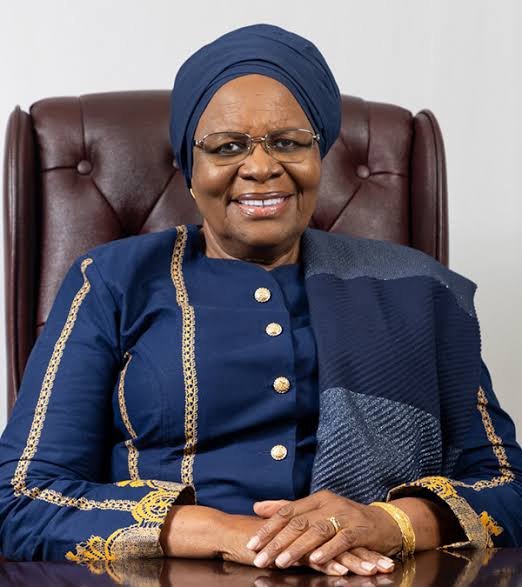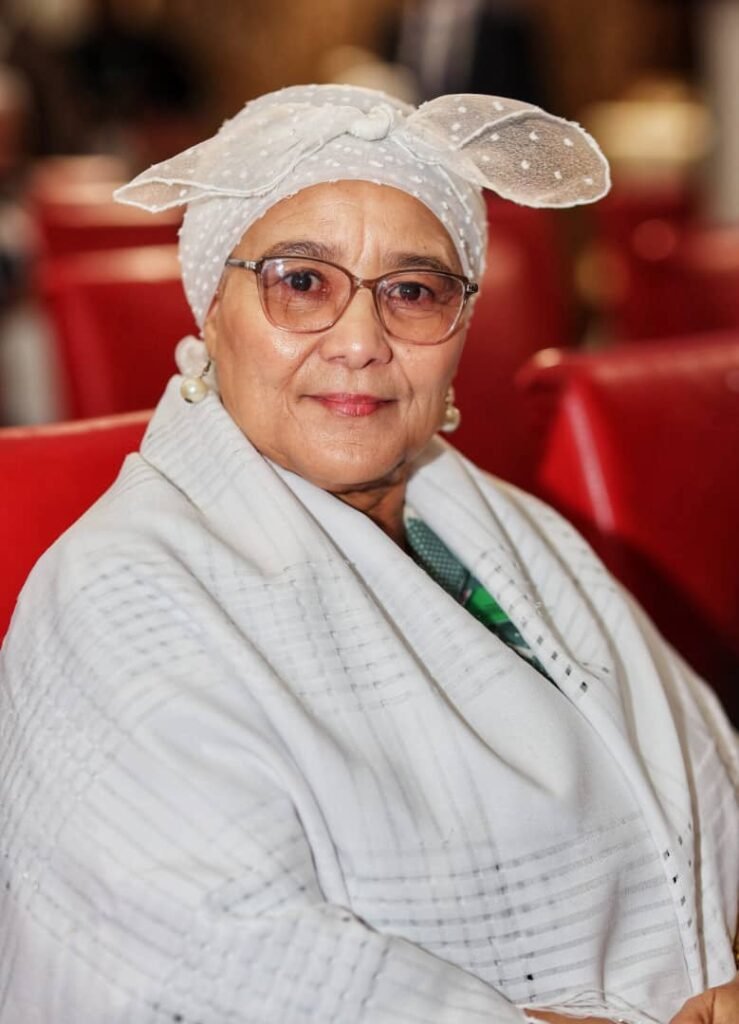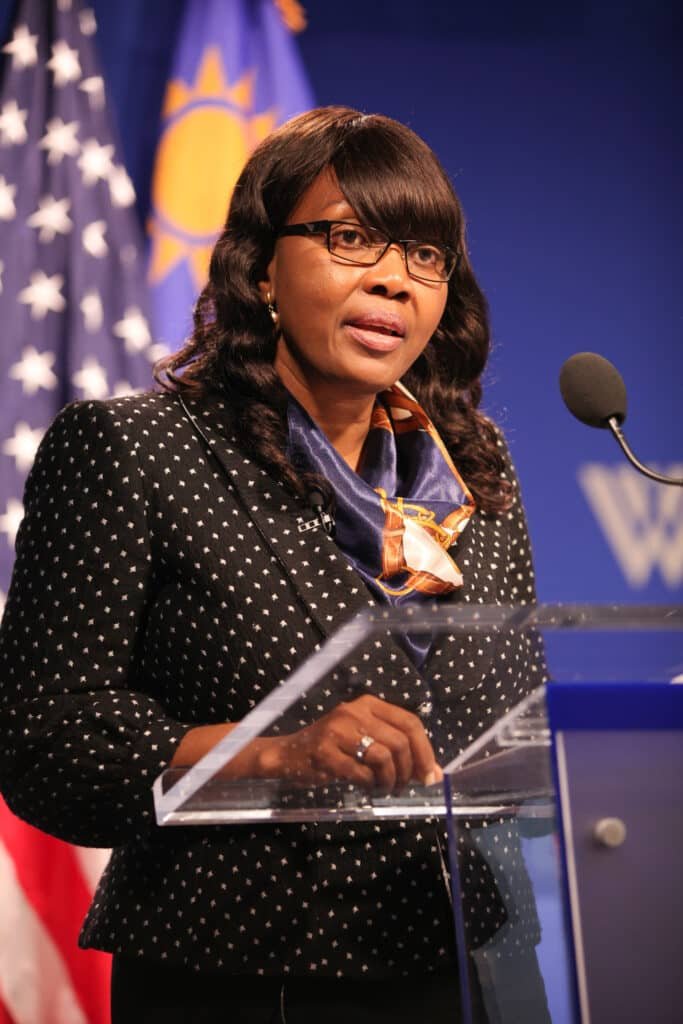History has witnessed many nations rise and redefine leadership, but Namibia just did something the world has never seen. For the first time ever, one country now has women occupying its three highest offices: the President, the Vice President, and the Speaker of the National Assembly.
This is more than a political milestone; it’s a turning point in the story of governance, equality, and purpose-driven leadership.
Namibia’s historic moment is no coincidence. It reflects years of deliberate progress toward gender inclusion, a culture where competence, not gender, defines leadership. And It signals the dawn of a new era, one where inclusion is no longer symbolic, but structural.
Meet Namibia’s Trailblazing Trio

At the helm of this new chapter is President Netumbo Nandi‑Ndaitwah, a veteran diplomat and long-time advocate for equality. Her decades of service in government and international affairs have been marked by an unwavering commitment to integrity, national unity, and the empowerment of women.

Alongside her is Vice President Lucia Witbooi, whose journey from educator to national leadership-figure offers a story of service and community-rooted leadership. Her commitment to elevating women and youth to positions of influence reinforces the principle that leadership arises from impact, not privilege. She put it plainly:
“True progress can only be achieved when women and men walk hand in hand, share resources equitably, make decisions together, and support one another in building a better future for all.”

Completing the trio is Speaker of the National Assembly, Saara Kuugongelwa-Amadhila, Namibia’s former Prime Minister and a reform-minded economist whose leadership today reflects a deep respect for dialogue, democracy, and institutional reform. She reminds us that governance must be inclusive and responsive, saying:
“Let us work together to ensure equality is not just a constitutional principle but a daily reality in every household, in every school, and in every workplace.”
Together they form more than a historic first: they represent a shift toward leadership grounded in competence, service and accountability.
Lessons to Learn
1. Leadership is about values, not gender.
Namibia shows that real leadership goes beyond labels. Empathy, integrity, and accountability are not male or female traits, they are human values that define how power is used and how people are served.
2. Representation shapes what’s possible.
Seeing women in power doesn’t just inspire; it changes expectations. It tells young girls that leadership is within reach and challenges societies to imagine new forms of strength.
3. Collaboration is power.
Great leaders listen, include, and build consensus. That’s not weakness; it’s wisdom. Namibia’s trio reminds us that unity and shared vision build stronger nations.
4. Progress is never accidental.
This milestone didn’t just happen. It reflects years of deliberate effort to educate, empower, and include women. True progress comes from intention, and when that happens, everyone rises.
A Lesson for Us All
This moment is bigger than Namibia; it speaks to what’s possible for Africa and the world. It calls on nations, institutions, and individuals to rethink the kind of leadership we nurture and applaud.
Do we celebrate those who shine the brightest, or those who serve the deepest? Are we drawn to visibility, or to vision – the kind that builds, unites, and uplifts?
In the end, history will not remember whether the leaders were men or women. It will remember the depth of their impact and the lives transformed.
At The Brief Network, we believe leadership finds its true meaning in purpose, service, and the will to create change.
The Brief Network: Inspiring Stories and Empowering Lessons.


